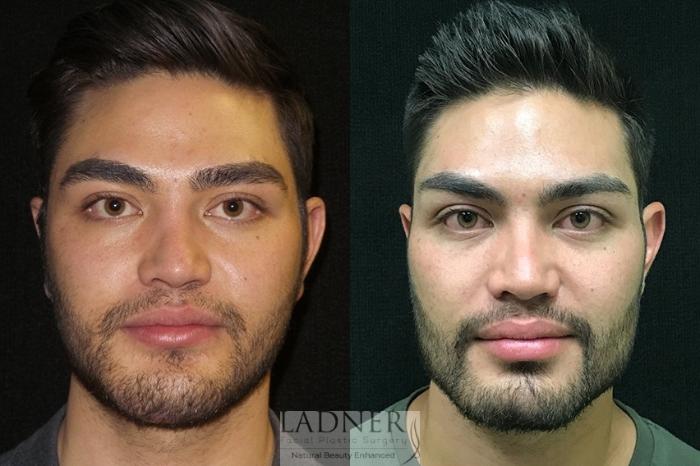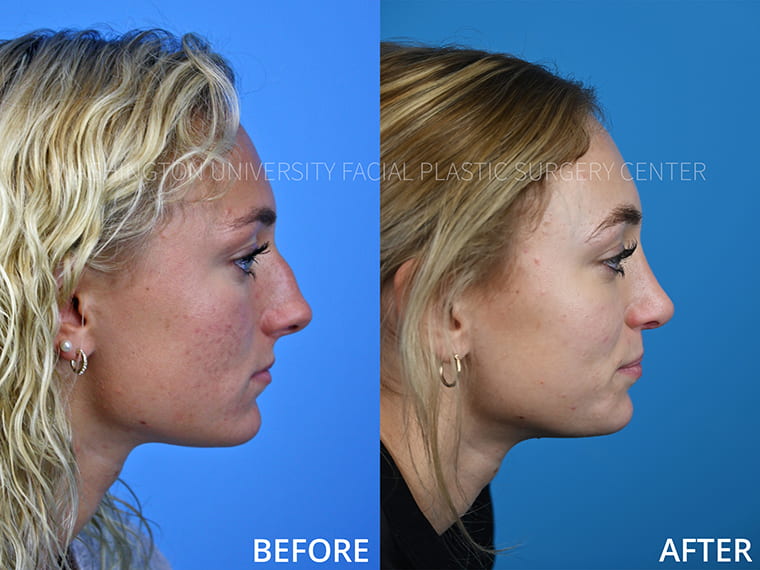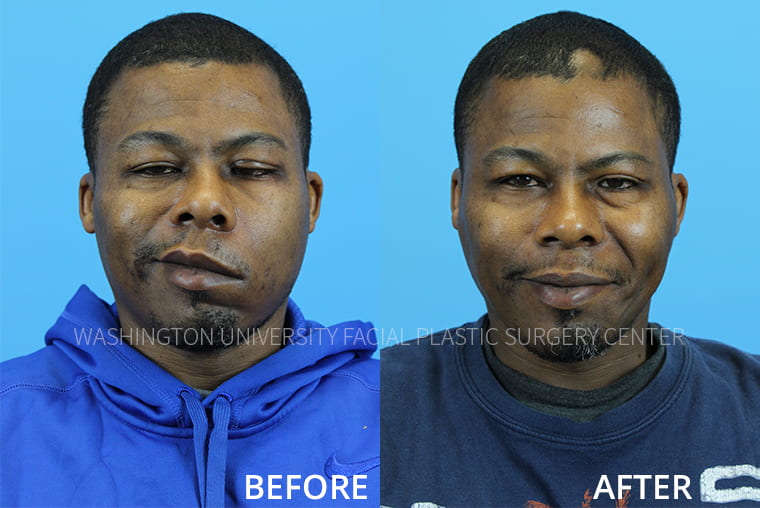Investigating the Mental and Social Elements That Drive Individuals to Take Into Consideration Cosmetic Surgical Procedure as a way of Improvement
The decision to pursue cosmetic surgical treatment commonly expands past simple looks, linking with social and mental characteristics that warrant detailed evaluation. Factors such as self-worth, pervasive societal elegance standards, and the prevalent influence of social media converge to form specific inspirations for surgical improvement.
The Function of Self-Esteem
Self-worth substantially influences a person's decision to seek plastic surgery. People with reduced self-worth usually view themselves in an unfavorable light, leading to sensations of inadequacy concerning their physical appearance. This unfavorable self-perception can drive them to seek medical interventions as a technique of enhancing their self-image. The need for enhancement in one's look is often connected to a belief that such modifications will raise their total self-respect and self-confidence.

Ultimately, the role of self-confidence in the decision-making procedure regarding cosmetic surgical treatment highlights the intricate interplay between body picture, individual fulfillment, and psychological wellness. Comprehending this partnership is essential for health care professionals to make sure that clients are making notified choices rooted in sensible assumptions and psychological wellness.
Societal Appeal Requirements
Influenced by prevalent media representations and social stories, social appeal requirements play a vital function fit individuals' perceptions of their very own bodies. These criteria are usually identified by an idyllic type of appeal that highlights characteristics such as slimness, youthfulness, and symmetry. As these suitables are bolstered with different networks, including movie, marketing, and television, people often internalize these messages, resulting in frustration with their natural look.
The effects of these social standards expand beyond visual preferences; they can influence self-confidence, psychological wellness, and interpersonal partnerships. Individuals that perceive themselves as dropping short of these requirements may experience feelings of insufficiency, triggering a need for cosmetic surgical treatment as a means of accomplishing societal approval. This search is typically sustained by the belief that complying with these ideals will certainly boost not only physical look but additionally social standing and individual satisfaction.

Influence of Social Media Site
The effect of social appeal standards is additional amplified by the increase of social media platforms, where curated photos and idealized representations of elegance are ubiquitous. Users are regularly exposed to filtered and edited photos, which frequently illustrate unattainable physical attributes. This exposure cultivates a culture of contrast, leading people to analyze their own appearance against these commonly impractical standards.
Social media influencers and stars often advertise aesthetic treatments, normalizing the concept that medical enhancements are a practical methods for attaining societal ideals (plastic surgery rancho cucamonga). The exposure of these enhancements can develop an understanding that undertaking plastic surgery is a typical method, thus influencing people to take into consideration comparable interventions as a pathway to improved self-esteem and social approval
In addition, the interactive nature of social media allows for instant comments through likes and remarks, further reinforcing the need to comply with preferred elegance criteria. Such communications can aggravate sensations of inadequacy and drive individuals toward cosmetic surgery as a way of gaining recognition. Inevitably, social networks plays a critical function fit perceptions of elegance, which dramatically influences the decision-making processes surrounding plastic surgery.

Cultural Perspectives on Look
Throughout numerous societies, understandings of appearance are deeply rooted in historical, social, and economic contexts, shaping people' views on appeal and worth. In several cultures, appearance works as a considerable marker of identification, affecting social condition, professional opportunities, article and individual connections. For instance, in some cultures, light skin is frequently associated with wealth and advantage, while others might glorify darker skin tones as symbols of toughness and credibility.
Furthermore, conventional beauty criteria are typically perpetuated via social stories, media representations, and family affects, resulting in varying perfects across different areas (plastic surgery rancho cucamonga). In Western societies, the emphasis on youth and physical conditioning often drives people towards cosmetic enhancement, while in particular Eastern cultures, more refined modifications aligned with conventional looks might be liked
Globalization and the expansion of digital media have better complicated these characteristics, creating a hybridization of appeal perfects that transcends geographical borders. As individuals progressively browse these cultural narratives, the pressure to satisfy certain look standards can cause the desire for plastic surgery, reflecting an intricate interaction of cultural values and individual desires. Recognizing anonymous these cultural perspectives is crucial in dealing with the inspirations behind plastic surgery considerations.
Mental Effects of Plastic Surgery
Many individuals seeking cosmetic surgery report experiencing profound psychological impacts that can significantly alter their self-perception and psychological health - plastic surgery rancho cucamonga. The wish for physical improvement typically comes from underlying problems such as low self-worth, body dysmorphic condition, or societal pressures pertaining to elegance requirements. For some, the instant post-operative phase can bring about a momentary boost in self-confidence and complete satisfaction with their look, promoting a sense of empowerment
However, these favorable feelings might not be withstanding. Research shows that while some individuals experience improved self-worth, others may face elevated stress and anxiety or clinical depression if their assumptions are not met. This disparity can occur from impractical suitables bolstered by media representation and social narratives bordering charm.
Furthermore, the psychological implications of plastic surgery extend beyond the person. Relationships with household and buddies might be strained as social characteristics shift, causing sensations of isolation or alienation. Inevitably, the psychological influences of plastic surgery are intricate and diverse, calling for careful factor to consider by both potential patients and health care suppliers to make certain informed decision-making and practical expectations.
Verdict
To conclude, the choice to go after cosmetic surgical procedure is significantly influenced by a mix of self-esteem issues, societal appeal requirements, and social point of views on look. The prevalent reach of social media sites even more intensifies these pressures, advertising unrealistic ideals that people typically aim to attain. Comprehending these social and psychological factors is vital for resolving the inspirations behind plastic surgery, highlighting the requirement for a much more nuanced discussion bordering elegance and self-acceptance in modern culture.
The choice to seek cosmetic surgical procedure frequently prolongs beyond mere looks, linking with emotional and social characteristics that warrant extensive examination. Ultimately, social media plays a critical role in shaping assumptions of elegance, which dramatically influences the decision-making procedures surrounding cosmetic surgical treatment.
As individuals increasingly browse these social narratives, the pressure to conform to details look criteria can lead to the wish for cosmetic surgical look at this website treatment, showing a complex interplay of cultural values and personal aspirations.In final thought, the decision to pursue cosmetic surgical treatment is substantially influenced by a mix of self-confidence issues, social appeal requirements, and social viewpoints on appearance. Recognizing these social and psychological aspects is necessary for attending to the motivations behind cosmetic surgery, highlighting the demand for a much more nuanced conversation bordering beauty and self-acceptance in modern society.